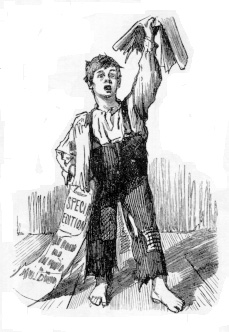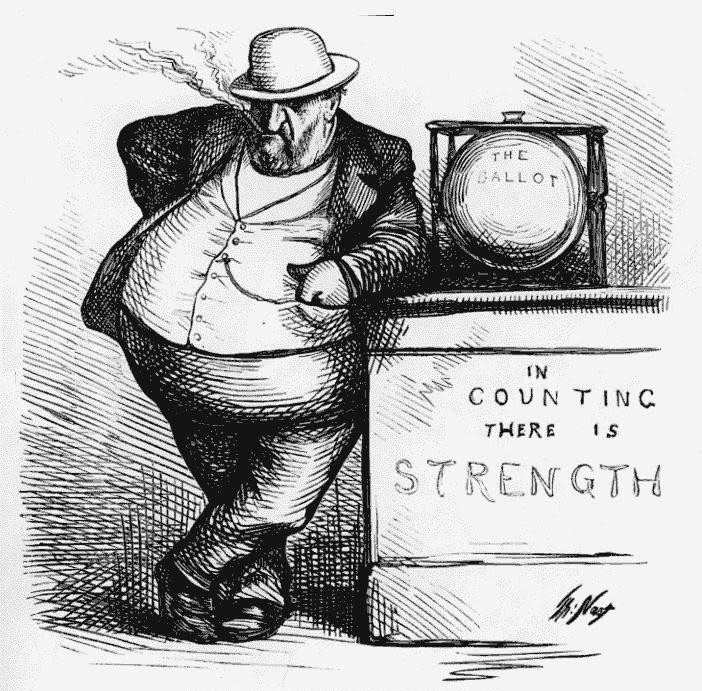
In 1996, California voters passed Prop. 209 to outlaw affirmative action. It has survived for over a quarter of a century and remains the law of the land—at least on paper—for now. The main operative part of it reads plainly:
“The state shall not discriminate against, or grant preferential treatment to, any individual or group on the basis of race, sex, color, ethnicity, or national origin in the operation of public employment, public education, or public contracting.”
In 2020, the California grand soviet legislature put Prop. 16 on the ballot which would have outright repealed Prop. 209.
It failed by double digits margins, even with non-Hispanic Whites not even being a plurality of the state’s population.
Now, the California grand soviet legislature is at it again, except this time they are being more subtle. Instead of outright repealing it, it allows the Governor to grant the state to discriminate on the basis of race, color, ethnicity, national origin, or on behalf of “marginalized genders, sexes, or sexual orientations” based on “research”. The main new operative section would read:
“Notwithstanding paragraph (1) but subject to approval by the Governor pursuant to the procedures in subparagraph (B), the State may use state moneys to fund research-based, or research-informed, and culturally specific interventions or programs in any industry, including, but not limited to, public employment, public education, and public contracting, if those interventions or programs are established or otherwise implemented by the State for purposes of increasing the life expectancy of, improving educational outcomes for, or lifting out of poverty specific groups based on race, color, ethnicity, national origin, or marginalized genders, sexes, or sexual orientations.”
This is incredibly broad and would allow discrimination for practically any reason whatsoever with just a fig leaf of excuses. It also isn’t even about promoting equality of outcomes, but rather equity. Even is one group has higher average life expectancy, higher educational outcomes, or higher wealth, they can benefit while other groups (e.g. “cis” heterosexual White males) may be ground into the dust.
Continue reading →
![]()













